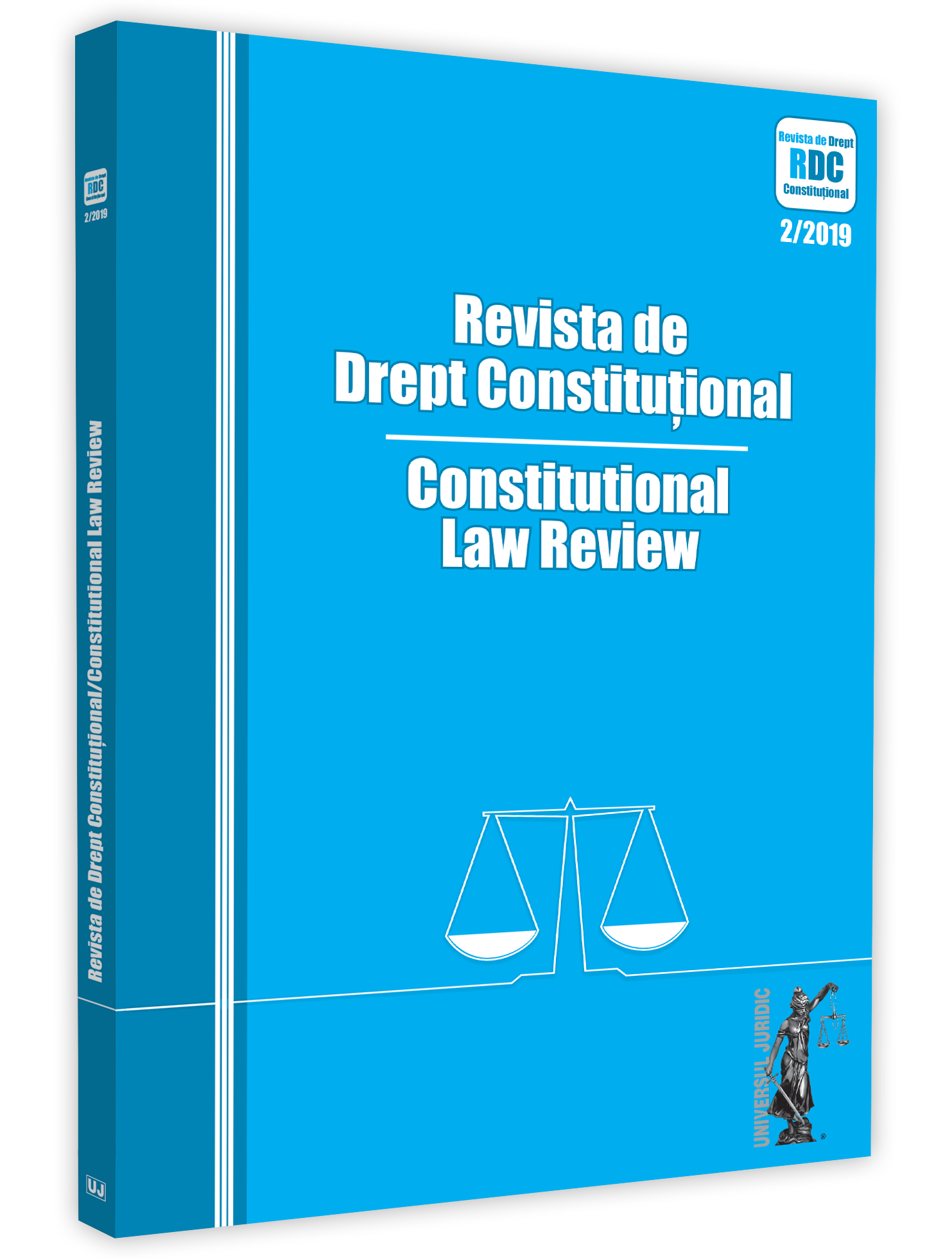The constitutional and legal enshrinement of the right to information. The impact of states of emergency upon the right to information
The constitutional and legal enshrinement of the right to information. The impact of states of emergency upon the right to information
Author(s): Anca-Jeanina NiţăSubject(s): Law, Constitution, Jurisprudence, Civil Law
Published by: Universul Juridic
Keywords: right to information; public interest; state of emergency; restricting the exercise of fundamental rights or freedoms; constitutional order;
Summary/Abstract: Starting from the premise that information is the raw material of a democratic society, the present article aims to showcase the importance of the constitutional regulation of the right to information. Observing Article 31 of the Romanian Constitution and the infraconstitutional norms in the field of free access to information of public interest, which further develop the constitutional norm, this paper presents the content of the right to information and its limits. Moreover, some legal literature currents and the case law of the Constitutional Court of Romania are emphasized with regard to the restriction in the exercise of this right, under the conditions of Article 53 of the Constitution. Without detailing the complexity of the legal consequences that derive from declaring a state of emergency, there are identified the limits under which, in such cases, the restriction of some fundamental rights and liberties that can occur. In the current normative context, while insisting that exceptional measures must not find themselves outside the existing constitutional order, the present paper analyses the impact of Decree no. 195/2020 for declaring a state of emergency on the territory of Romania upon the right to information. The article emphasizes that the multiple social, economic and political consequences of such a crisis cannot be dissociated from their legal dimension, that the constitutional rigor of a correct information to the general public through media, both public and private, necessary irrespective of a state of emergency, is needed even more so under exceptional circumstances, where the fight against disinformation is by all accounts legitimate and required. At the same time, it is emphasized the requirement that a state of emergency isn’t used as a pretext for tighter governmental control over information release, for the amputation of the mechanism introduced by Law no. 544/2001 on the free access to information of public interest.
Journal: Revista de Drept Constituțional
- Issue Year: 2019
- Issue No: 2
- Page Range: 20-34
- Page Count: 15
- Language: English
- Content File-PDF

